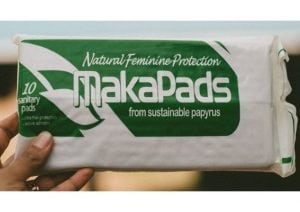
Agriculture
December 19, 2023
MakaPads Sanitary Pads
Read SolutionImplemented by
MakaPads
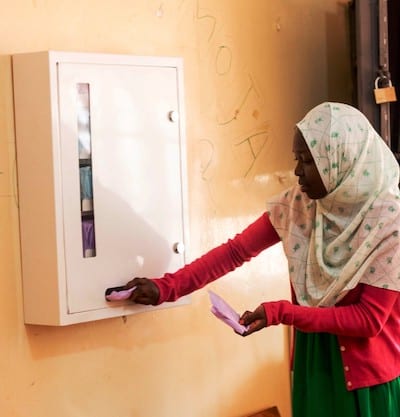
Updated on August 14, 2024
·Created on July 30, 2017
EsVendo is a vending machine for sanitary napkins and other sanitary products.
The EsVendo Sanitary Vending Machine is a vending machine that offers sanitary pads and other sanitary products. By selling sanitary pads through a vending machine the social enterprise EsVendo hopes to increase access to the 65% of Kenyan women that do not have access to sanitary pads and reduce the amount of school days girls are unable to attend due to lack of access to sanitary pads. The SIP sanitary vending machine allows customers to buy pads by coins but there is also a version distributed in hospitals where the customer can use their mobile phone for purchase.
In Kenya competition is mainly from sales from local retail shops. There are several other sanitary vending machines on the global market, especially in India.
This product has been discontinued based on our latest update.
Target SDGs
SDG 3: Good Health and Well-Being
SDG 6: Clean Water and Sanitation
Market Suggested Retail Price
$310.00
Target Users (Target Impact Group)
Household
Distributors / Implementing Organizations
EsVendo produces and has distributed vending machines. They also sell the vending machines to local entrepreneurs.
Countries
Kenya
Manufacturing/Building Method
EsVendo vending machines are manufactured by the company in Nairobi, Kenya.
Intellectural Property Type
Trade Secret
User Provision Model
The vending machine is made and sold by EsVendo. In the EsVendo's Social Inclusion Project (SIP) vending machines are placed in low-income areas so that end-users can get access to the service the machine provides.
Distributions to Date Status
EsVendo has placed sanitary vending machines in Kibera, Kwangware, and Kikuyu. It is estimated that the machines improve access for about 400-10,000 people in each of these locations.
Products dispensed
Sanitary pads
Price per product
Unknown
Storage capacity
80 items
Power supply type
Manual
Design Specifications
EsVendo vending machine initiated the Social Inclusion Project (SIP) sanitary vending machine which is completely manual and does not require electricity. It can hold up to 80 items and can vend four different categories of products. The customer inserts a coin in the vending machine and a single pad is dispensed.
Technical Support
Provided by the manufacturer.
Replacement Components
The vending machine is completely manual and does not include any replaceable components other than refilling new sanitary pads.
Lifecycle
EsVendo offers a 1-year warranty when selling the vending machine.
Manufacturer Specified Performance Parameters
To increase access to sanitary pads and lower their cost for girls and women in low income areas. Reduce the amount of school days girls miss due to lack of sanitary pads.
Vetted Performance Status
Unknown
Safety
There are no health risks related to usage of the product. Vending machines are placed in safe areas around Kibera so that the product is more accessible for women.
Complementary Technical Systems
A coin or mobile SMS is required to get a sanitary pad.
Academic Research and References
Crofts, T. and Fisher, J., 2012, Menstrual hygiene in Ugandan schools: an investigation of low-cost sanitary pads, Journal of Water, Sanitation and Hygiene for Development 2(1): 50-58.
Simjian, L.G., 1967, U.S. Patent No. 3,340,789, Washington, DC: U.S. Patent and Trademark Office.
Esther, 2017, EsVendo Sanitary Vending Machine project, Medium.
Compliance with regulations
Unknown
Evaluation methods
Accessibility through field evaluations

Agriculture
December 19, 2023
Implemented by
MakaPads
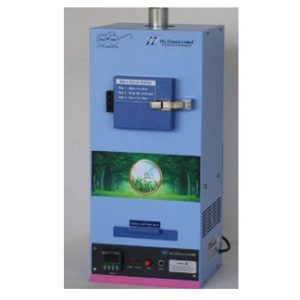
Agriculture
January 10, 2024
Implemented by
HLL Lifecare Limited
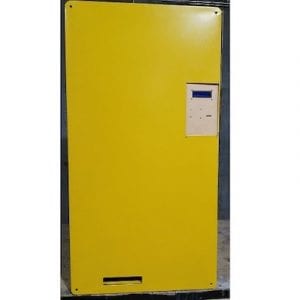
Agriculture
February 21, 2024
Implemented by
Inteco
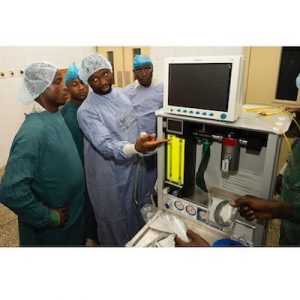
Agriculture
February 5, 2024
Implemented by
Gradian Health Systems
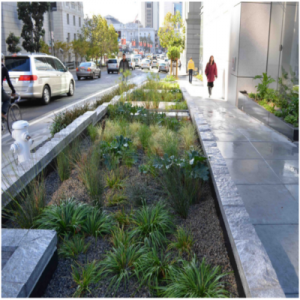
Agriculture
January 12, 2024
Implemented by
Living Machine Systems, L3C
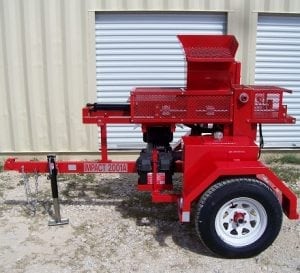
Agriculture
February 26, 2024
Implemented by
Advanced Earthen Construction Technologies (AECT)
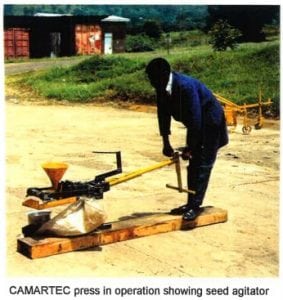
Agriculture
February 1, 2024
Implemented by
Centre for Agricultural Mechanization and Rural Technology (CAMARTEC)
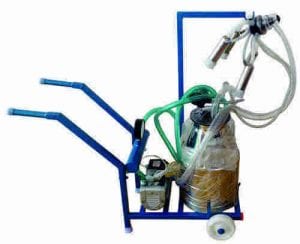
Agriculture
February 1, 2024
Implemented by
Lifeway Solar
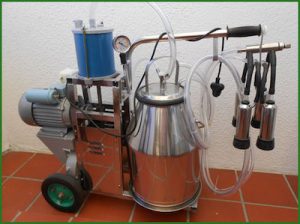
Agriculture
February 16, 2024
Implemented by
Dairy Dynamics
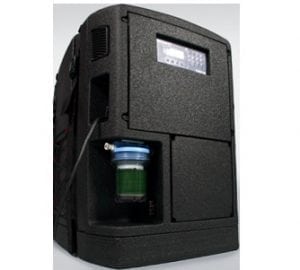
Agriculture
January 25, 2024
Implemented by
DEKA Research & Development
Have thoughts on how we can improve?
Give Us Feedback